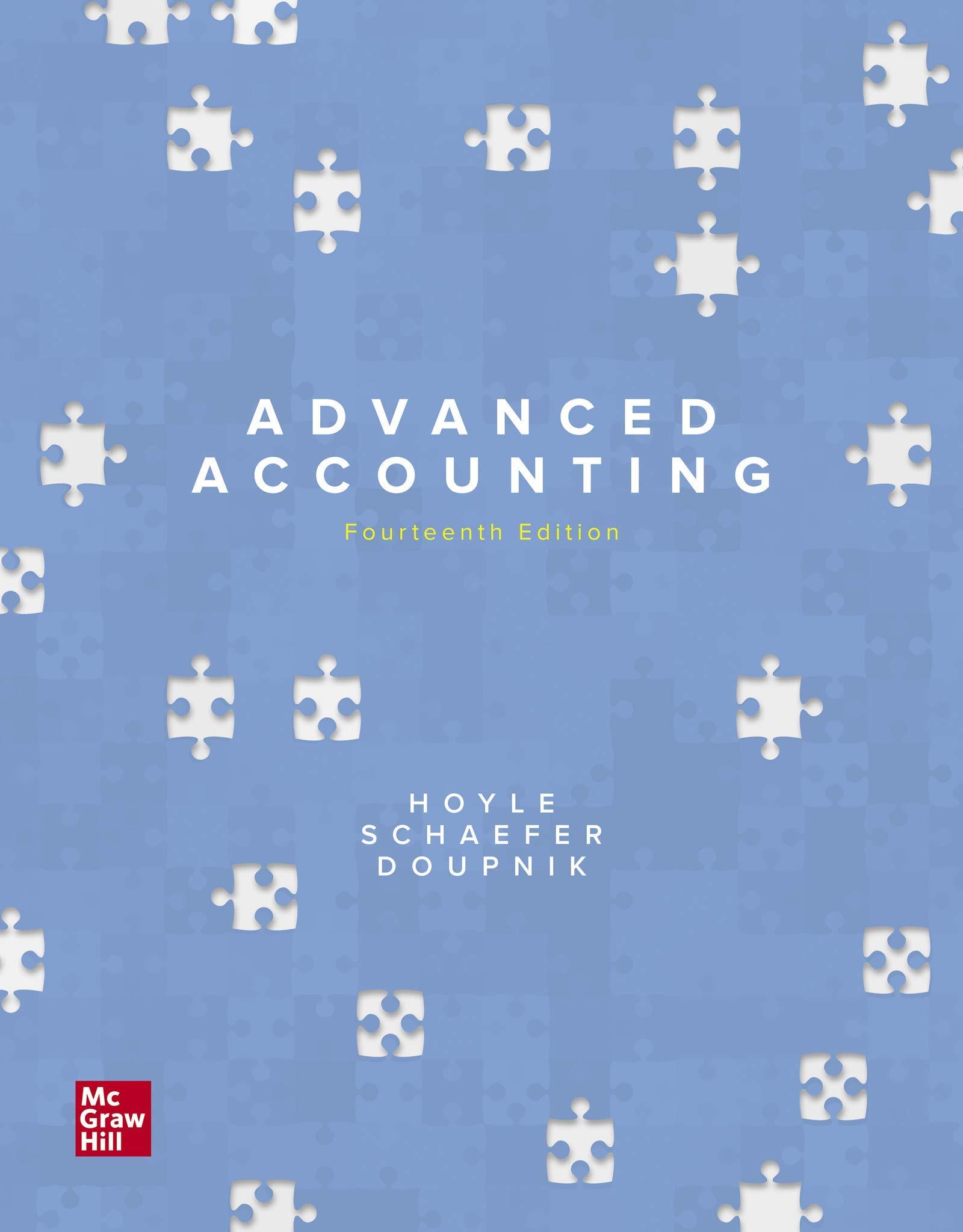Question
1. Research has shown that managers use their accounting discretion to boost or depress earnings when needed (e.g., they underestimate bad debt expense to increase
1. Research has shown that managers use their accounting discretion to boost or depress earnings when needed (e.g., they underestimate bad debt expense to increase earnings). Can you identify conflicts of interest and pressures that could lead to such conduct? What stakeholders might be involved outside of management, what are their interests, and how might their interests be affected by earnings management?
2. Do you think that managing earnings within the boundaries of a given accounting standards is illegal? Is it unethical? Is there a difference? What kinds of questions would be helpful for managers to ask themselves when confronting an ethical dilemma such as this?
3. How would IFRS being principle-based rather than rule-based affect financial ratio comparison involving American and EU companies? Do you think that American and European managers would differ in their likelihood of engaging earnings management? Why?
4. How might business strategies that facilitate "doing good" be made consistent with the goal of increasing profitability?
Can you please help me to answer to these questions?
Step by Step Solution
There are 3 Steps involved in it
Step: 1

Get Instant Access to Expert-Tailored Solutions
See step-by-step solutions with expert insights and AI powered tools for academic success
Step: 2

Step: 3

Ace Your Homework with AI
Get the answers you need in no time with our AI-driven, step-by-step assistance
Get Started


